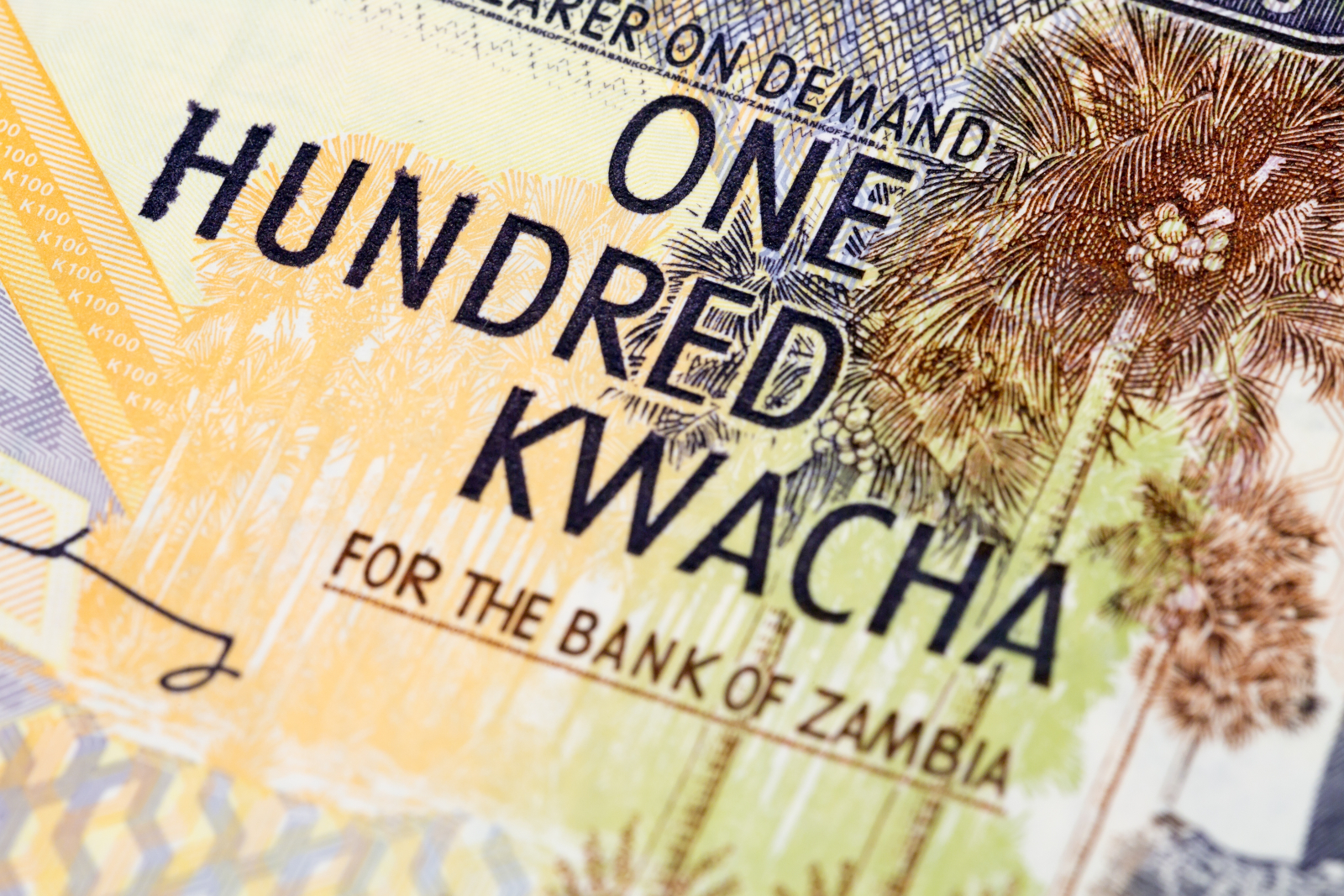
SHARE
In November 2020, Zambia made headlines when it became the first African nation to default on its debt repayment to foreign lenders during the COVID-19 global health crisis. While many African nations made significant progress in reducing their debt burdens in the 1990s and 2000s, in recent years, countries such as Zambia, Kenya and Mozambique have steadily taken on more and more loans to finance large infrastructure projects and government spending. In 2021, Zambia’s overall debt burden reached 123% of the country’s GDP according to the International Monetary Fund. Such heavy public debt burdens pose a threat to long-term economic stability and impact service delivery for citizens, particularly during emergency contexts such as the COVID-19 pandemic, as governments must dedicate larger percentages of their budgets to debt repayment.
In response to Zambia’s growing debt burden and increasing calls from citizens for action, NDI supported the Consumer Unity & Trust Society (CUTS) to form the Civil Society Organization Debt Alliance. Launched in November 2020, the Debt Alliance is a collection of 42 Zambian civil society organizations from a variety of sectors that seeks to improve public debt management by advocating for increased transparency and accountability in government borrowing and greater parliamentary oversight of loan contraction.
The Debt Alliance took a broad approach to its advocacy efforts, tackling the debt problem from multiple angles, including through legal analysis. With technical support from NDI, the Debt Alliance conducted a legislative review of the existing Loans, Grants, and Guarantees Authorization (LGGA) Act, which guides the Zambian government’s process of managing its debt, and identified gaps and weaknesses in the legal framework. Drawing on this analysis, they developed and presented a model debt management bill to the Ministry of Justice. The model bill included recommendations for a revised legal framework to ensure greater transparency, accountability, and parliamentary oversight in debt contraction. However, through this process, the Debt Alliance realized that they faced an additional challenge to holding the government accountable: the lack of available public information about the country’s debts. To address this, NDI worked with the Debt Alliance to examine global examples of Access to Information (ATI) laws and to create a model bill based on global best practices. During this period, the Debt Alliance also mounted a successful advocacy campaign against amending the constitution to remove a requirement for parliamentary oversight on debt contraction.
Through a robust social media campaign and advocacy efforts on these and other debt issues, the Debt Alliance helped make Zambia’s spiraling debt a salient issue in the 2021 general elections. Debt and other economic and social issues proved to be a powerful motivation for the almost 60% of Zambians who voted for new political leadership that promised a different approach. After the elections, the Debt Alliance continued to pressure the new administration to follow through on their campaign promises to prioritize transparency and accountability in legal reforms around debt contraction.
Through its advocacy and awareness-building efforts, the Debt Alliance garnered support from the government, political parties and members of parliament in favor of repealing the LGGA Act. In 2022, the Ministries of Justice and Finance invited the Debt Alliance to comment on the government’s new Public Debt Management Bill. Dissatisfied with the lack of transparency and excessive executive branch powers contained in the bill, the Debt Alliance developed a submission to parliament asking for revisions to the bill. The parliamentary committee reviewing the bill adopted some of the Debt Alliance’s most significant recommendations in its report to the Speaker of the National Assembly.
Over the past year, the Zambian government has taken steps to address the country’s debt and restore macroeconomic stability. For example, in recent months, the government published a list of Zambia's international creditors and their loan amounts, reached a staff-level agreement on debt relief with the International Monetary Fund, and brought foreign creditors to the debt restructuring table. The Debt Alliance’s work has brought debt management, accountability and transparency to the fore for citizens who are increasingly demanding to know how their taxes are spent and, most importantly, whether the money borrowed is being put to good use. The Debt Alliance will continue to engage with the government, media and like-minded civil society organizations to call for a more robust legal framework to safeguard freedom of information, fight for more transparency around debt, and bring greater accountability to the use of loans contracted.
NDI’s engagement with CUTS and the Debt Alliance in Zambia is implemented with support from Consortium for Elections and Political Process Strengthening (CEPPS) which is program from the United States Agency for International Development (USAID).
Authors: Lavu Phiri, Resident Program Manager, Zambia; Coretta Mwanza, Senior Program Assistant, Zambia; Kerianne DiBattista, Program Officer; Southern and East Africa
###
NDI is a non-profit, non-partisan, non-governmental organization that works in partnership around the world to strengthen and safeguard democratic institutions, processes, norms and values to secure a better quality of life for all. NDI envisions a world where democracy and freedom prevail, with dignity for all.


